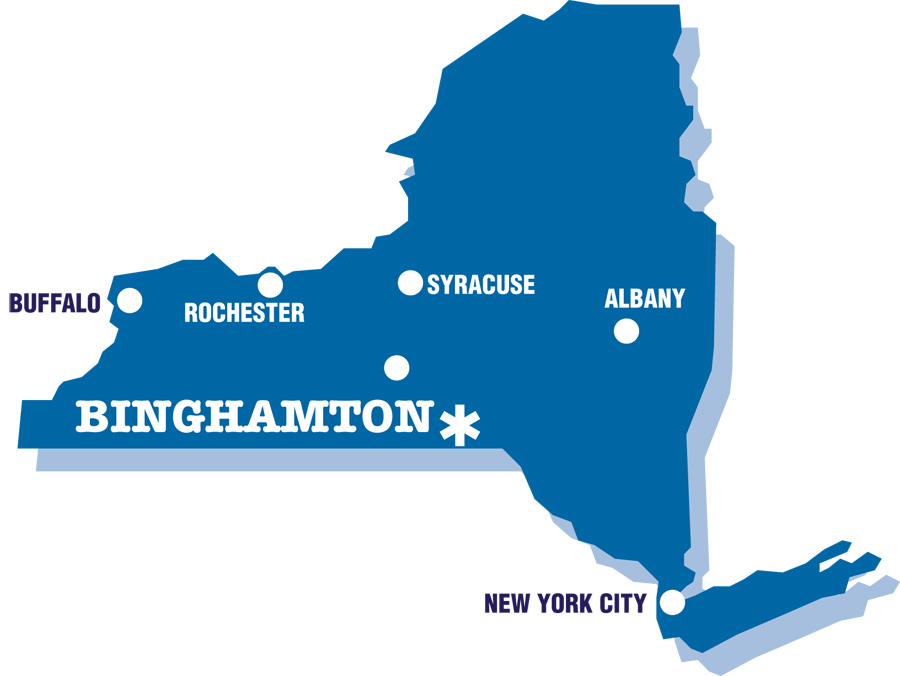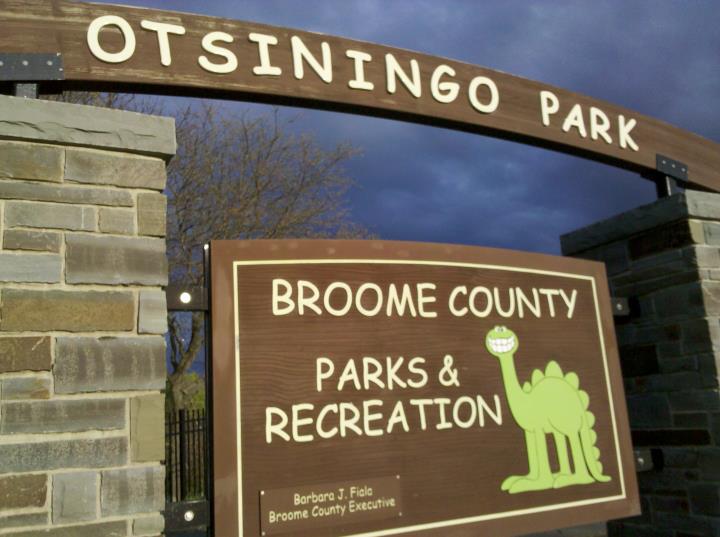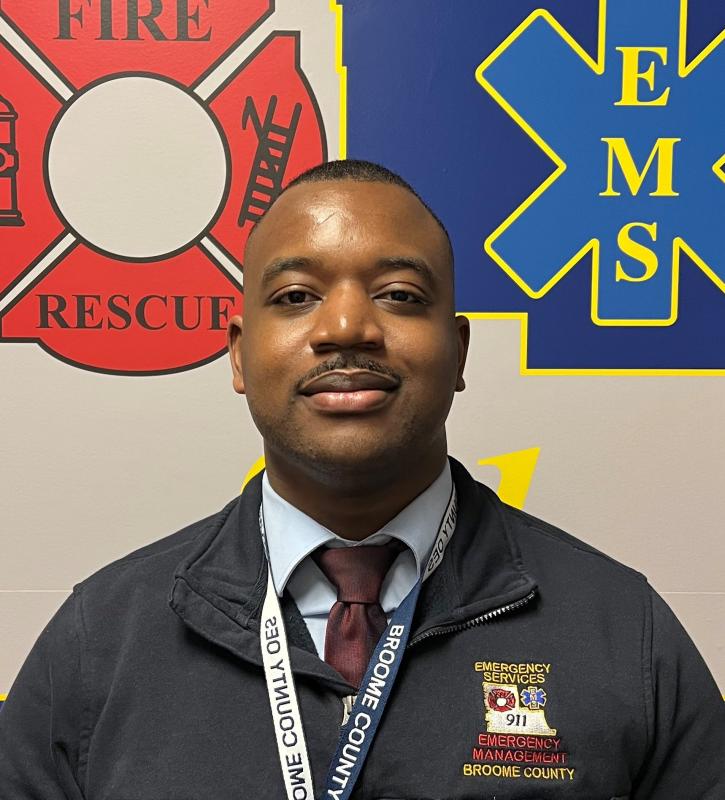Mission:
Helping our returning warriors transition from the dangers of warzone driving to the new risks they face on our public highways here at home.
Purpose:
The Returning Warrior 10 & 5-Miler is a project of the Broome County STOP-DWI Program and is in support of the Southern Tier Veterans Support Group (STVSG) held to heighten awareness about service member’s transition from the dangers of warzone driving to the new risks they face on our public highways here at home. Motor vehicles crashes have quickly become the leading cause of death among veterans in the early years after returning from deployment according to the Veterans Administration. The Returning Warrior Study released in 2012 by USAA indicates a 13 percent increase in at-fault accidents for troops within the first six months of returning from deployments. This number increases as the number of deployments increase and the age of the veteran decreases.
As a leader in traffic safety with a long history of public awareness events, the Broome County STOP-DWI program along with the Broome County Sheriff’s Office, the Broome County Traffic Safety Program, the Binghamton Vet Center, and Townsquare Media Binghamton organized this event to connect veterans with the help they need through the Vet Center and the STVSG.
Where:
Start/Finish Line:
Near the restrooms located at the North Pavilion
Course Map
Prizes:
Prize List
Chip Timing:
TBD
USA Track & Field Sanctioning Number:
NY14072JG
Course Certification
Results: Race Results
Race Details:
The Returning Warrior 10 & 5-Miler is made up of three events, each held within scenic Otsiningo Park on Binghamton’s North Side. For ambitious runners, the main event will be the 10-Miler which consists of 2 laps from the main park to Otsiningo North and back. There will also be a 5-mile race for those who still want to support the cause but may not be ready for the full 10 miles. A kids run will also follow the completion of the longer races. We encourage participants of all abilities and regardless of military status. Everyone knows someone who has served or who has been affected by a traffic collision and we want everyone involved. If you don’t want to run, that’s fine too. We encourage people to get out and have fun by walking or even road marching with your buddies. There are discounts for team signups as well as for veterans. Details are on the registration page.
Traffic Safety Challenges:
Returning veterans face a number of challenges when they arrive home, from reintegrating into their “normal” lives at home or work to trying to shake the idea that the Toyota Corolla in the next lane is trying to blow them up. Two factors that impact driving safety are “carryover” driving behaviors and impaired driving resulting from alcohol or drug abuse and medications for multiple chronic conditions.
Carryover Driving Techniques
Driving techniques that were potentially lifesaving during a deployment can become deadly on civilian roadways. A reluctance to stop or driving at excessive speeds combined with hyper-vigilance of roadside elements is a perfect storm for a potentially deadly collision. Returning veterans report being told they drive dangerously. The majority reported feeling anxious when other cars approached quickly, boxed them in on a road or just driving in general. Comparatively, zero reported feeling anxious when simply driving prior to deployments. The following table shows driving behaviors learned in combat and how they might continue at home.
In Combat At Home
|
Drives as far as possible from the road edge to avoid IEDs. |
Drives in the middle of the road, straddling lanes. |
|
Changes direction and lanes unexpectedly, especially at tunnels or underpasses where insurgents might be waiting. |
Weaves through traffic. Does not signal turns, merges or lane changes. Avoids or changes lanes at underpasses and tunnels. |
|
Always moving. Does not stop for traffic or people. Always has the right of way. |
Anxious when stopped. Rolls through traffic lights and stop signs. Does not yield right of way to other vehicles. |
|
Speeds as fast as the lead vehicle in the convoy. |
Drives over posted speed limit. |
|
Hyper vigilant of roadside elements. |
Overly attentive to roadside elements. |
Impaired Driving
While the Returning Warrior study did not specifically examine causes of the increase in crashes, case studies on passive suicides committed by veterans show that a variety of factors contribute to this. These factors can include Post Traumatic Stress Disorder (PTSD), Traumatic Brain Injuries (TBI), alcohol and/or drug abuse which may include multiple medications for chronic illnesses. A combination of all these factors has also shown to contribute to these passive suicides by creating a dangerous synergistic effect. Side effects such as poor judgment, spatial disorientation, and physical reaction impairment can lead to crashes, serious injuries or fatalities when driving.
Resources:
If you are a veteran or know a veteran struggling with a chronic condition such as PTSD, TBI, substance abuse, safe driving issues, or trouble adjusting in general and would like to learn more about what is available, please consider using the following resources:
Shifting Gears: Veterans Returning to Driving on the Homefront- A guide for family & friends
Post- Combat Driving: The American Road- A Veteran's guide
The Vet Center serves eligible veterans and their families by providing an excellent continuum of quality care that adds value for the veteran, their family, and the community. This care includes quality counseling, community education, outreach to special populations, the brokering of services with community agencies, and provides a key link between the veteran and other services in the U.S. Department of Veterans Affairs.
53 Chenango Street
Binghamton, NY 13901
Phone: 607-722-2393
Southern Tier Veterans Support Group
The mission of the Southern Tier Veterans Support Group (STVSG) is to provide a network of resources for our local veterans, service members and their families. We will strive to educate the community on their needs and partner with other organizations so we can offer a broad range of services and assistance to enhance their physical, emotional and economic well-being.
P.O. Box 1201
Vestal, NY 13851
Phone: 607-205-8332
E-Mail: info@stvsg.org
Broome County Veteran Services Agency
The Veteran's Service Agency renders a wide variety of services to an estimated 18,000 veterans and their families of all wars and conflicts as well as peacetime service. Service is also extended to active duty servicemen/women and their families. Professional assistance and advice is given in the filing of applications for benefits under existing federal, state and local laws and regulations. It is also a primary function of the office to familiarize veterans and their families of the Department of Veterans Affairs benefits available to them.
Broome County Office Building, 4th Floor
60 Hawley St
Binghamton, NY 13901
Phone: 607-778-2147
E-Mail: bvojtisek@co.broome.ny.us
Brain Injury Assoication of New York State
The Brain Injury Association of New York State (BIANYS) is a statewide non-profit membership organization that advocates on behalf of individuals with brain injuries and their families. Established in 1982, BIANYS provides education, advocacy, and community support services that lead to improved outcomes for children and adults with brain injuries and their families. The Association also offers a toll free family help line, chapters and support groups throughout the state, prevention programs, mentoring programs, a video library, and publications library.
10 Colvin Avenue
Albany, NY 12206-1242
Telephone: (518) 459-7911
Email: info@bianys.org



